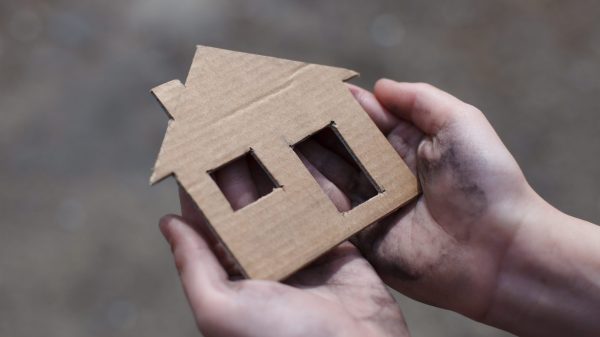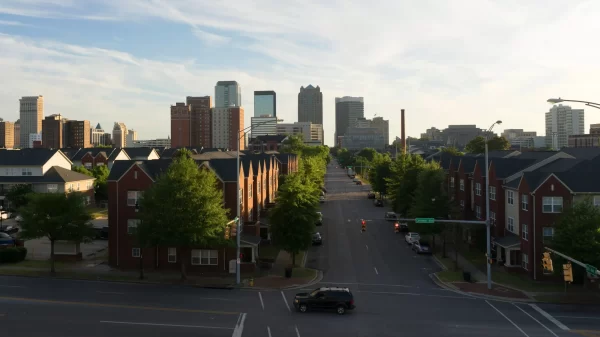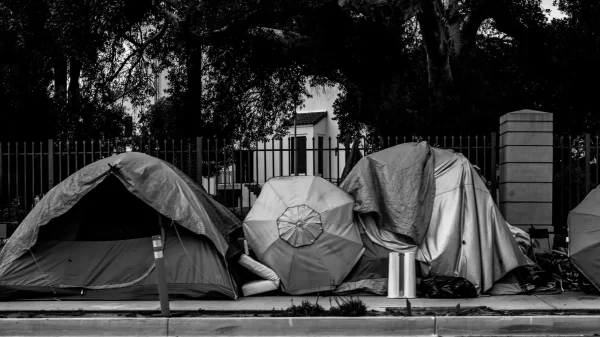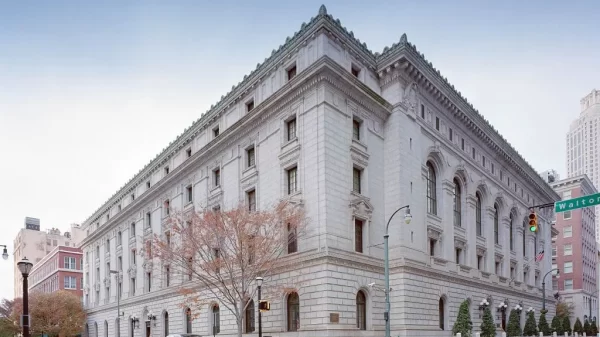By Matthew Tyson
Alabama Political Reporter
Last week, the Alabama State Department of Education released this year’s list of failing schools, aka, school’s whose standardized test rank in bottom the 6 percent for three consecutive years.
In 2015, the number was 66. This year, it’s 76.
76 failing schools in the state of Alabama. That’s hard to swallow.
In the past few years, some of the most prominent, most talked about legislation to pass through the house and senate has been aimed at improving education. However, looking at the numbers, these bills don’t seem to be working. In fact, we’re seeing the exact opposite.
Of course, this isn’t exactly breaking news anymore. Alabama’s educational system has, for years, ranked at the bottom of the barrel. So perhaps it’s time for our legislators to take a step back and consider that maybe they’re approaching the problem from the wrong angle.
As a critic, it’s easy to point our current leadership’s wrongdoings when it comes to education—such as taking money from the educational budget to make up for their shortcomings while making life significantly more difficult for the teachers. And while these things certainly aren’t helping, they’re only a fraction of the problem. The issue at large goes much deeper.
If you take a look at the list of states with the best education, you’ll notice a common trend: economic stability.
In Massachusetts, a state that boasts some of the most impressive numbers in education, 70 percent of children come from families with incomes 200% of the poverty level. In Vermont, which has the highest high school graduation rate, the poverty rate sits at 9.7 percent, nearly 5 percent below the national average (Vermont also has the highest spending per student).
In Alabama, the poverty rate is 18.6 percent.
We can build the best schools, stock it with well-paid, talented teachers, and fill it with state of technology. But at the end of the day, home life plays the biggest role in a child’s success in school. And it just so happens that the great majority of Alabama’s failing schools are in traditionally low-income areas.
I will forever stand by my conviction that the teachers need to be paid more, that tenure should be safeguarded, that standardized testing scores should not be the sole means of measuring success, and that the educational budget should be earmarked so it can’t be used for anything else. But these things alone can’t fix everything. Income inequality, low wages, joblessness, homelessness, and poverty all play a critical role in our State’s education problem. If our legislators are serious about turning things around, perhaps that’s where they should focus their efforts.
Matthew is an Anniston native, a writer, and a representative of the Democrats for Life of America. If you want to support the DFLA cause in Alabama, you can contact him at matthewallentyson@gmail.com






















































